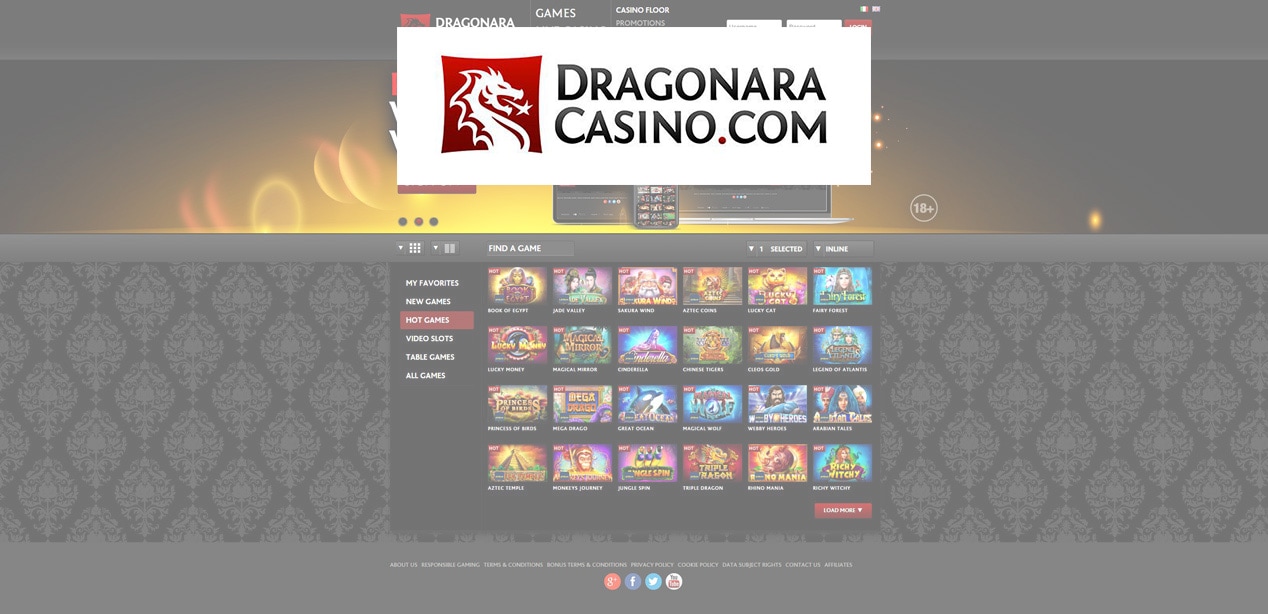The Addictive World of Mobile Gaming: A Case Study
In recent years, mobile gaming has experienced an unprecedented surge in popularity, with millions of players worldwide glued to their screens for hours on end. Among the many games that have captured the attention of gamers is Crossy Road, a seemingly innocent-looking game that combines fun and elements of gambling to create a highly engaging experience.
A Game That’s Easy to Pick Up
At its core, Crossy Road is a simple game where players control a character as it navigates through busy roads, avoiding crossyroad-game.com obstacles and reaching its destination. The gameplay is straightforward, making it accessible to gamers of all ages and skill levels. However, beneath this simplicity lies a complex web of mechanics that keep players hooked.
The Role of Probability and Chance
One of the key factors contributing to Crossy Road’s addictive nature is its incorporation of probability and chance. Players are presented with various power-ups, coins, and other rewards, which they can use to enhance their gameplay experience or participate in special events. These elements introduce an element of unpredictability, making each play session unique and keeping players invested in the game.
The Dark Side of Mobile Gaming: Gambling Elements
While Crossy Road’s casual gameplay and colorful graphics make it appealing to a wide audience, some critics argue that the game crosses the line into gambling territory. The use of microtransactions, loot boxes, and other monetization strategies can be seen as exploitative, preying on players’ emotional attachment to in-game rewards.
The Blurred Lines Between Fun and Addiction
Research has shown that games like Crossy Road can activate the brain’s reward system, releasing feel-good chemicals such as dopamine in response to achievements and progress. This can lead to a vicious cycle of addiction, where players become increasingly invested in the game despite negative consequences on their mental health or relationships.
The Psychology Behind Mobile Gaming Addiction
Mobile gaming addiction is often attributed to the instant gratification and social validation that games like Crossy Road provide. Players experience a sense of accomplishment as they progress through levels, unlock new characters, and compete with friends. However, this constant flow of rewards can also create a sense of dependence, making it difficult for players to disconnect from the game.
The Impact on Mental Health
The negative effects of mobile gaming addiction are multifaceted. Players may experience anxiety, depression, or sleep deprivation as they become increasingly obsessed with their in-game progress. Furthermore, the social isolation that often accompanies excessive gaming can exacerbate these issues, leading to a vicious cycle of negativity and self-doubt.
A Complex Issue: Addressing Mobile Gaming Addiction
The relationship between mobile gaming and addiction is complex, involving psychological, social, and economic factors. To mitigate the risks associated with games like Crossy Road, developers must implement responsible monetization strategies that prioritize player well-being over profit.
Conclusion
Crossy Road’s blend of fun and elements of gambling has created a highly engaging experience for millions of players worldwide. While the game may not be explicitly designed as a gambling platform, its use of probability and chance can lead to a slippery slope of addiction. By understanding the psychological factors at play, we can develop more responsible mobile gaming experiences that prioritize player well-being and minimize the risks associated with excessive gaming.
The Future of Mobile Gaming: A Shift Towards Responsibility
As the mobile gaming industry continues to grow and evolve, it’s crucial for developers to address the concerns surrounding addiction and gambling. By implementing more transparent monetization strategies and prioritizing player well-being, we can create a healthier gaming ecosystem that promotes fun and engagement without crossing into exploitative territory.
A New Era of Mobile Gaming: One That Prioritizes Player Well-being
The future of mobile gaming depends on our ability to balance fun with responsibility. As players become increasingly aware of the risks associated with excessive gaming, developers must adapt to meet these changing expectations. By embracing a more nuanced approach to monetization and prioritizing player well-being, we can create a mobile gaming landscape that’s both engaging and responsible.
The Impact of Responsible Gaming on Mobile Game Development
As the focus shifts towards responsible gaming, mobile game development is likely to undergo significant changes. Developers will need to rethink their monetization strategies, incorporating more transparent and player-friendly approaches. This may involve implementing stricter regulations around loot boxes, coins, and other microtransactions, as well as providing more resources for players struggling with addiction.
A Call to Action: Promoting Responsible Gaming in Mobile Games
The time has come for the mobile gaming industry to acknowledge its role in promoting responsible gaming practices. By working together with developers, policymakers, and gamers themselves, we can create a safer and more enjoyable gaming environment that prioritizes player well-being above profits.
In conclusion, Crossy Road’s success is a testament to the power of mobile gaming to captivate audiences worldwide. However, as we delve deeper into the game’s mechanics and psychological impact, it becomes clear that its addictive nature raises concerns around gambling elements. By acknowledging these issues and working towards more responsible gaming practices, we can create a brighter future for mobile gamers and the industry at large.






/images.trvl-media.com/hotels/1000000/50000/41100/41080/5a1caba0_z.jpg)


















